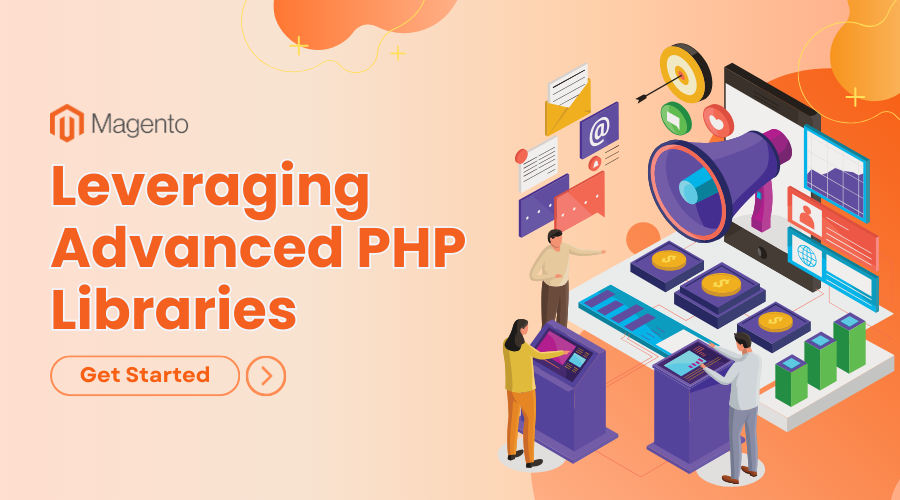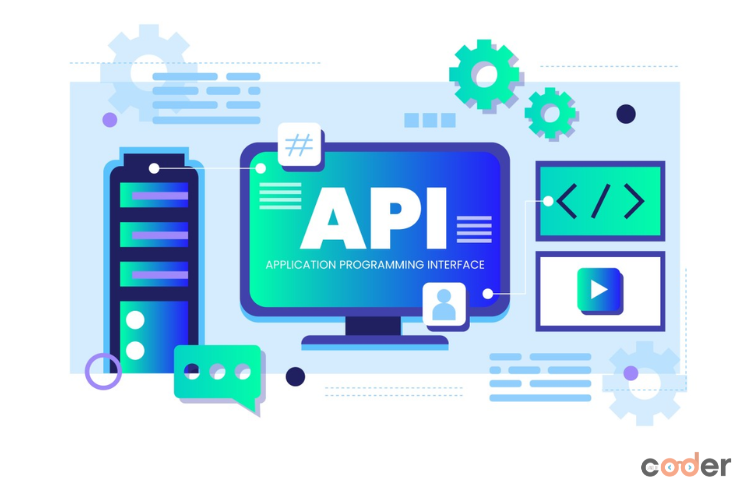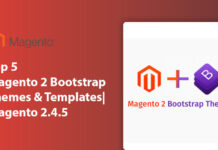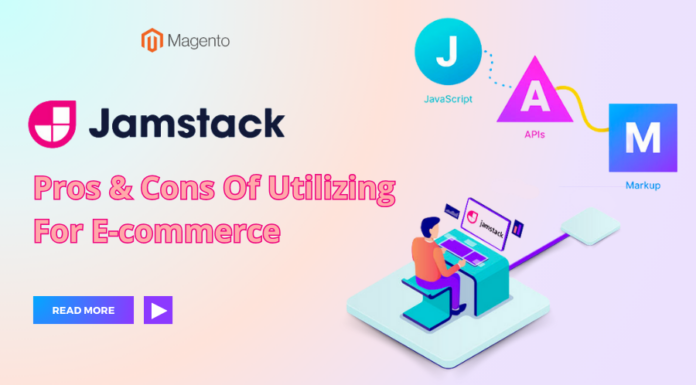
In the ever-evolving landscape of web development, PHP remains a pivotal player, powering 76.8% of websites across the internet. For PHP developers committed to staying ahead in the industry, delving into advanced PHP is non-negotiable. This blog aims to steer such developers through 7 critical areas of expertise, particularly for those looking for roles in the best PHP development company.
Table of Contents
Best tips to leverage advanced PHP libraries
From mastering the finest PHP frameworks to navigating PHP’s more complex features, consider this your comprehensive guide to excelling in advanced PHP libraries .
#1. MVC Architecture
The Model-View-Controller (MVC) framework stands as a significant concept in advanced PHP. This design pattern segregates an application into three interconnected components: the data layer (model), user interface (view), and control logic (controller).
This separation not only organizes the application more efficiently but also makes it simpler to manage and expand. Consequently, it’s a favoured approach among the PHP development company.
In MVC, the Model symbolizes the data core and the business logic. It governs the data alongside the rules dictating data access and updates. The View takes charge of presenting this data to users in various formats.
The Controller, bridging the Model and the View, processes user input and decides the course of action. The best advanced PHP frameworks, such as Laravel and Symfony, are built on the MVC architecture, offering a comprehensive toolkit and accelerating application development in line with PHP’s best practices.
#2. Security practices
When we talk about web development, particularly the advanced aspects of PHP, security is more than just a feature – it’s the bedrock. Developing and implementing robust security measures to shield against these threats is a critical skill, especially for those aiming to join the best PHP development company India.
Consider SQL injection, where attackers slip malicious code into a SQL query. The antidote? Developers should embrace prepared statements and parameterized queries. Then there’s Cross-Site Scripting, where harmful scripts find their way into web pages viewed by others.
Here, functions like htmlspecialchars() play a vital role in sanitizing user input. And let’s not forget CSRF attacks, where a logged-in user is tricked into performing unintended actions on a web app. A solid defence involves the use of anti-CSRF tokens.
Skilled PHP developers also need a firm grasp on secure session management, savvy password hashing techniques like crypt, and data encryption. Staying abreast of the latest security trends and vulnerabilities in the PHP sphere is key. After all, maintaining stringent security protocols is a signature trait of dedicated PHP developers.

#3. Object-Oriented Programming (OOP)
At the core of advanced PHP topics lies Object-Oriented Programming (OOP), a cornerstone for any devoted PHP coder. PHP’s OOP framework enables developers to handle intricate code in a structured, modular, and recyclable format.
It’s all about wrapping data within objects and classes, paving the way for code that’s not just easier to maintain but also scales beautifully. For projects of substantial scale, mastering OOP is non-negotiable.
Grasping OOP means understanding classes – the blueprints for objects – and objects themselves, which are individual instances of these classes. Concepts like inheritance, where new classes adopt characteristics from existing ones, are key for promoting code reuse.
Polymorphism allows for the use of a single interface to represent various data types, and encapsulation is crucial for safeguarding data and methods from external meddling, ensuring the application’s integrity.
For PHP developers, OOP extends to advanced elements like interfaces, abstract classes, and traits. Interfaces lay out a template of methods for implementing classes, while abstract classes serve as a foundational blueprint for others.
Introduced in PHP 5.4, traits are a boon for code reuse in PHP’s single inheritance structure. A profound understanding of these advanced facets is key for anyone aspiring to work on intricate projects or with India’s finest PHP development entities.
#4. API integration and development
API Integration and Development stands as another pivotal chapter in the book of advanced PHP topics. APIs serve as communication lifelines between different software systems, and mastering API integration and development is an essential skill for any dedicated PHP developers, especially those looking to join leading PHP development companies.
RESTful APIs dominate the web development landscape, allowing developers to engage with web services via HTTP. For PHP experts, it’s crucial to know how to both create and consume RESTful APIs.
SOAP, or Simple Object Access Protocol, though not as widespread as REST, is still in play, particularly with older or enterprise systems. A solid understanding of SOAP can be an asset. Then there’s GraphQL, a newer, more efficient API standard compared to traditional REST APIs. It allows clients to request precisely the data they need.
API security, rate limiting, and comprehensive documentation are also integral to API development. Given that APIs are the critical connectors between software components, their impeccable implementation and integration are vital for the smooth functioning and security of the entire application. This makes API expertise a highly valued skill for dedicated PHP developers.

#5. Optimizing performance
PHP was reported to be utilized by 18.58% of the respondents in the Stack Overflow Developer Survey 2023, suggesting a significant global developer presence. In the realm of advanced PHP, fine-tuning performance is not just beneficial—it’s essential.
For PHP developers, especially those planning to elevate their careers in PHP development, mastering performance enhancement techniques is critical. Why? Because when a PHP application runs faster and more efficiently, it translates directly into a better user experience and heightened satisfaction.
Caching stands at the forefront of PHP performance optimization. Techniques like opcode caching are game-changers, as they compile PHP script bytecode and store it for future use, dramatically boosting performance.
Tools like OPcache, integrated with PHP, are instrumental in this process. On top of this, adopting client-side and server-side caching for database queries can significantly slash loading times and reduce server strain.
Profiling your code is another pivotal aspect of performance tuning. With tools like Xdebug, developers can delve into their PHP code, uncovering any performance roadblocks. Knowing your way around code profilers is key to refining your code for optimal performance.
Optimizing memory usage using the advanced PHP framework is also crucial. This involves smart variable usage, resource management, and a solid grasp of PHP’s garbage collection process. Crafting memory-efficient code is a prized skill, especially valued in leading PHP development companies.
#6. Database management and optimization
Diving deeper into advanced PHP, database management and optimization emerge as critical areas. When PHP applications are juggling complex data or facing heavy traffic, how you handle the database can make or break performance.
For the PHP elite, this means mastering complex SQL queries, understanding the art of database normalization, and getting smart with indexing. These skills are foundational for crafting efficient database schemas that fetch data at lightning speed. ORM tools, like those offered by the best PHP framework such as Laravel’s Eloquent or Symfony’s Doctrine, are lifesavers, simplifying database interactions and boosting data handling efficiency.
In the competitive landscape of PHP development, database optimization is non-negotiable. PHP developers need to be adept at query optimization, indexing correctly, and knowing the nuts and bolts of various database engines to keep PHP applications running smoothly.
#7. Testing and debugging
Last, but certainly not least, advanced PHP topics are testing and debugging. Effective testing guarantees the reliability of PHP applications, while adept debugging quickly addresses and resolves code issues. A thorough understanding of testing types—unit, integration, functional—is vital.
Tools like PHPUnit facilitate automated testing, ensuring every code segment functions as intended. Meanwhile, debugging tools like Xdebug are crucial for pinpointing and fixing issues in PHP code. They enable developers to step through code, inspect variables, and unravel complex problems. Being proficient in testing and debugging is more than a skill—it’s a necessity. It’s the stamp of quality and reliability on the applications they build.

Wrapping things up
For PHP developers aiming for the stars, mastering these 7 advanced PHP topics is a clear-cut path to success. Whether freelancing or striving to join the best PHP development company India, these skills are a ticket to standing out as a skilled and dedicated PHP developer.
As the web applications landscape grows ever more sophisticated, expertise in these areas, particularly in the context of leading PHP frameworks, becomes increasingly valuable. Embracing and excelling in these advanced topics not only polishes your skills but also opens doors to new horizons in the dynamic world of PHP development.












![[SALE OFF] Discount 30% All Premium Extensions On Christmas And New Year 2025 christmas-and-new-year-2025](https://landofcoder.b-cdn.net/wp-content/uploads/2024/12/christmas-and-new-year-2025-1-218x150.png)






